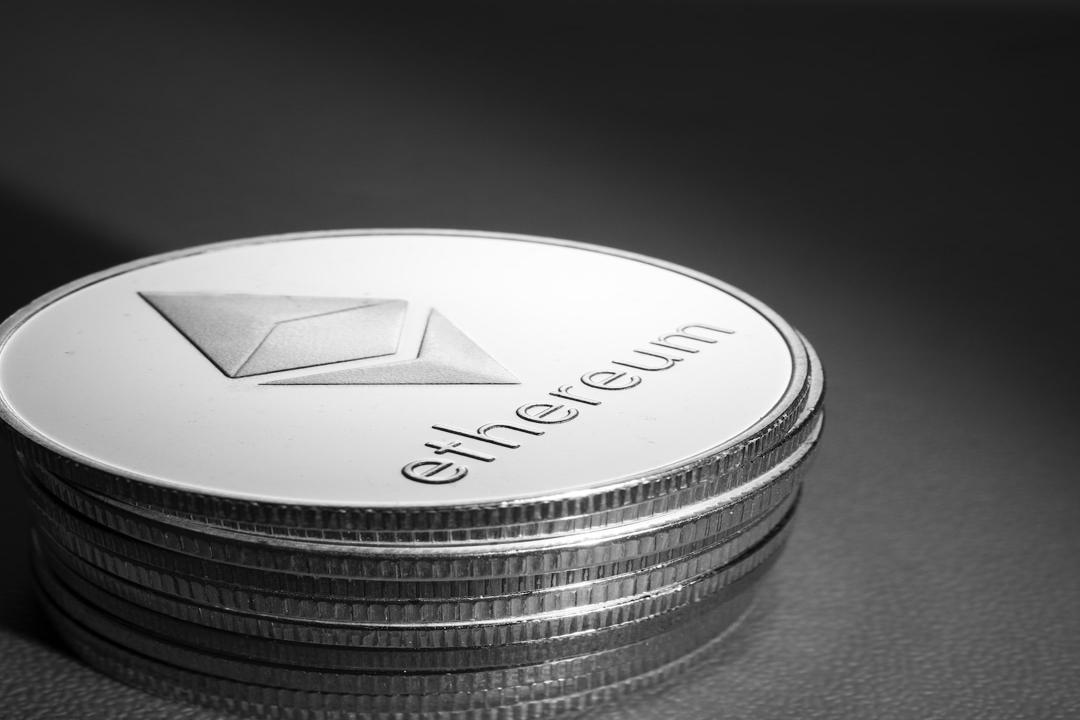1inch, a decentralized finance (DeFi) platform, has announced a partnership with Web3 security provider Blockaid to enhance security measures within its ecosystem.
On June 20, 1inch Network revealed its goal of identifying and preventing fraudulent activities such as phishing scams and hacks. The DeFi platform emphasized that Blockaid’s security features, which simulate transactions prior to execution, will play a vital role in improving DeFi security.
The announcement underscored the urgent need for security improvements in the DeFi space. Both companies pointed out the millions of dollars in crypto assets lost due to malicious attacks in April 2024, and argued that Blockaid’s security measures could help combat the increasing wave of fraud and cyber threats.
To address this, 1inch has introduced the 1inch Shield, a security solution developed in collaboration with Blockaid. This system identifies and flags scam tokens, enabling users to avoid fraudulent transactions. Integrating these features into the 1inch and broader DeFi ecosystem will provide real-time alerts about potential security risks. It supports major blockchain networks such as Ethereum, Base, BNB Chain, Polygon, Arbitrum, Optimism, and Avalanche.
Ido Ben-Natan, co-founder of Blockaid, emphasized the significance of this collaboration and stated that partnering with 1inch is a crucial step in securing the Web3 ecosystem. The Shield application programming interface (API), which will be gradually integrated into 1inch products, is designed to be adaptable for any Web3 application, including decentralized applications (DApps), wallets, and exchanges.
Sergej Kunz, co-founder of 1inch, explained that the partnership aims to benefit the broader DeFi ecosystem as well. He clarified that 1inch has launched its own product and made it accessible through an API. According to Kunz, merging the strengths of leading providers will establish a new standard for Web3 security.
Ben-Natan added that this collaboration sets a new standard for Web3 security by leveraging Blockaid’s strengths and combining them with additional anti-money laundering (AML) compliance screening and labeling functionalities from other top vendors. This approach ensures that Web3 users are protected from various threats, including scams, malicious attacks, and compliance risks.

